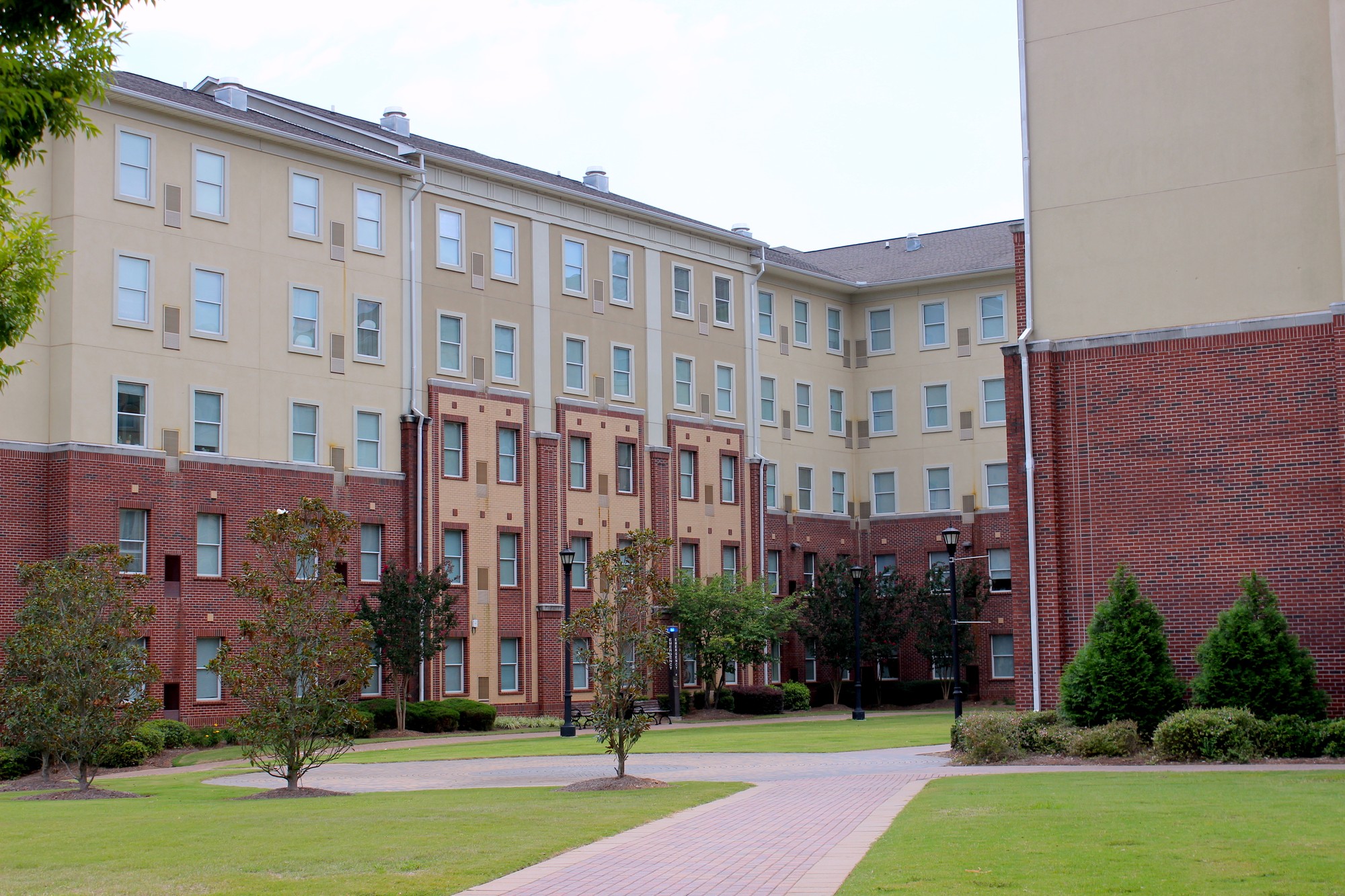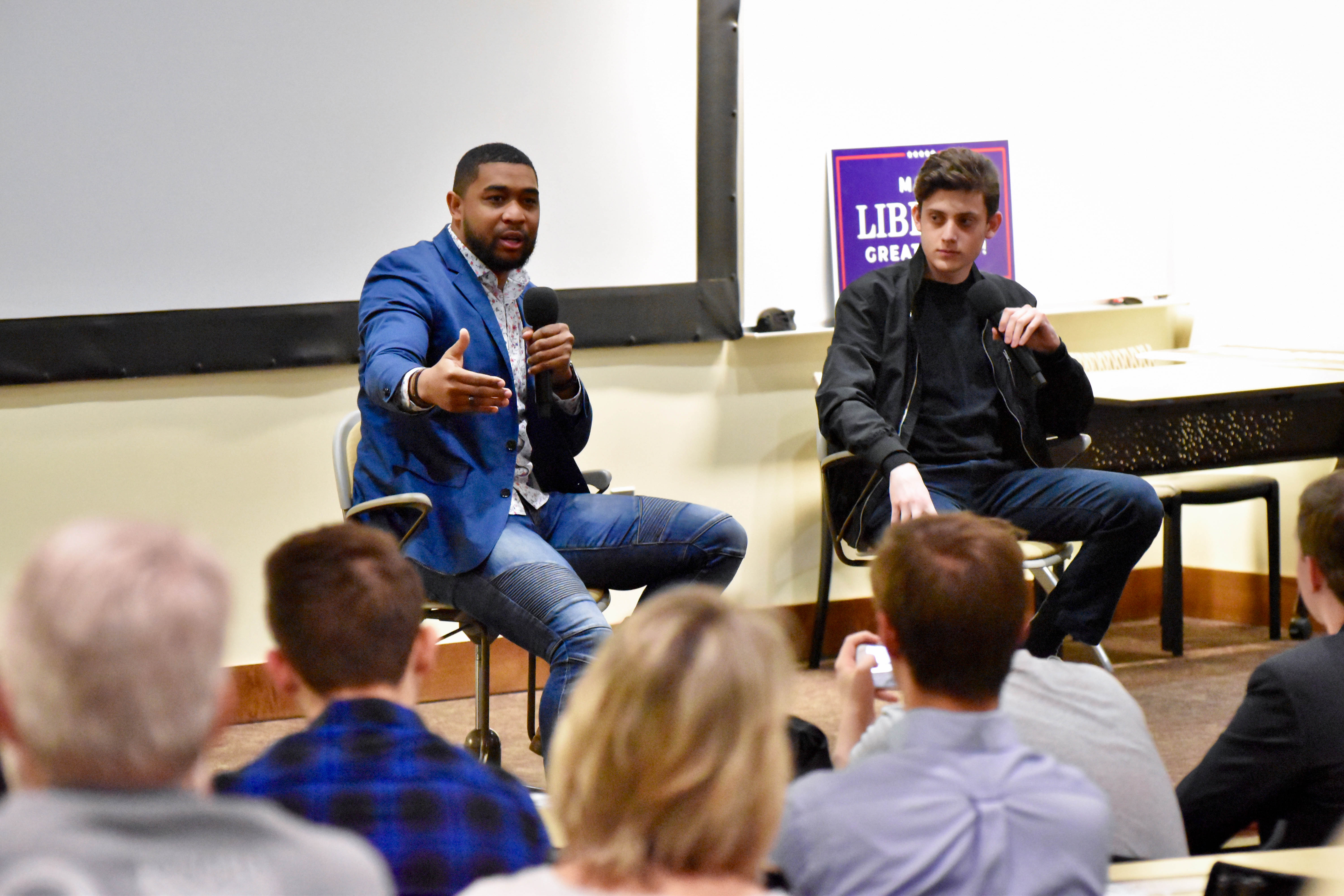Hear from a seasoned writer and editor about his experience with the change in news.
The Vice President of Content of the Times-Journal, Inc. speaks to college students at Kennesaw State University about the changes in business and media over the past 50 years.
J.K. Murphy is the VP of content and managing editor of the Times-Journal, Inc. which includes the local Marietta Daily Journal. Murphy notes that when he was younger his family would get three copies of the paper and recognizes that the demand for papers per household has drastically decreased.
“With digital media, anyone can access our content all around the world,” Murphy said.
With the increase in online users, Murphy brings up how it is still difficult to create a working business model. The three main challenges are that everyone is a publisher, news has become free, and advertising revenue is hard to come by. In the past two-thirds of revenue was generated by advertising.
“Everyone asks me how we compete with Google News,” Murphy said. “They’re not paying people to produce content, they are taking other people’s content.”
Murphy mentions that the lack of steady users who read articles has occurred from customers only reading headlines produced on Google. He said the amount of digital media has skyrocketed because websites offer immediate results and there are various products such as apps, podcasts and E-editions.
As a seasoned writer, Murphy gave many pieces of advice to college students. The first is to expect the unexpected with stories.
He mentions how his first story covered a murder scene in the family’s driveway. His second story was about a local Boy Scout troop’s skating party. This dynamic will force you to go through a multitude of emotions and Murphy suggests that young journalists focus on the positive and compose their feelings.
His favorite part of his career has been the variety of stories that journalists will cover.
“You never know what you’re going to be covering,” Murphy said. “It’s the variety of things and the people you meet.”
Murphy commented that he has not regretted going to work ever, and advises that the students find a job that gives them that feeling.
Many students in the class wondered how to get a job at the MDJ. His first response was to start writing for smaller publications and get them published.
“Get clips!” Murphy said. “When people come in for interviews with us we look for good clips.”
Other than having previously published articles, Murphy suggests that students read over their work before submission.
“We call the person’s editor to see how much they had to edit that person’s article,” Murphy said.
Murphy points to one of his star part-time employees, Skylar Heath. She started as an unpaid intern with the MDJ and is now an editor of one magazine in Time-Journal.
“She shows good judgment and her writing is good,” Murphy said. “I don’t have to edit her articles a lot.”
Murphy mentions that the MDJ has an intern program over the summer that is paid and lasts eight weeks. It caters to the areas of Marietta, Rome, and Cherokee. For more information on internship programs visit https://gapress.org/scholarships-internships/.


